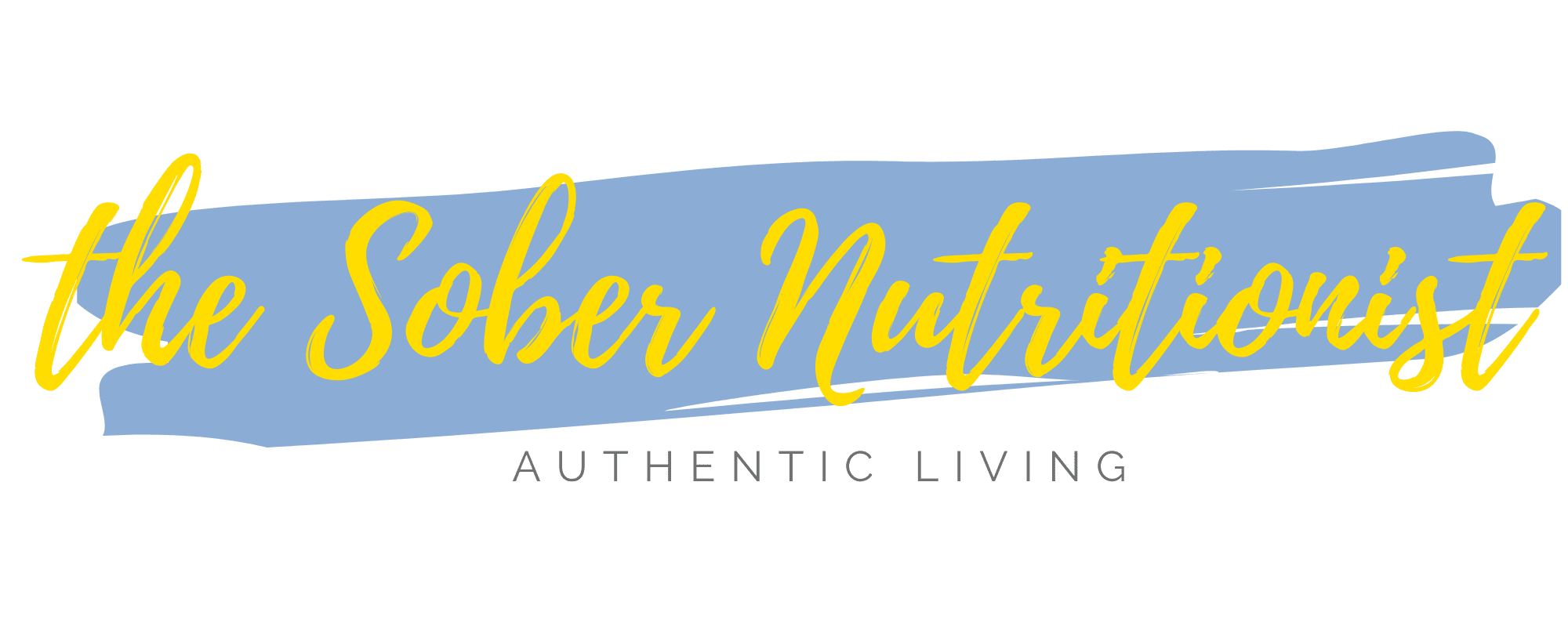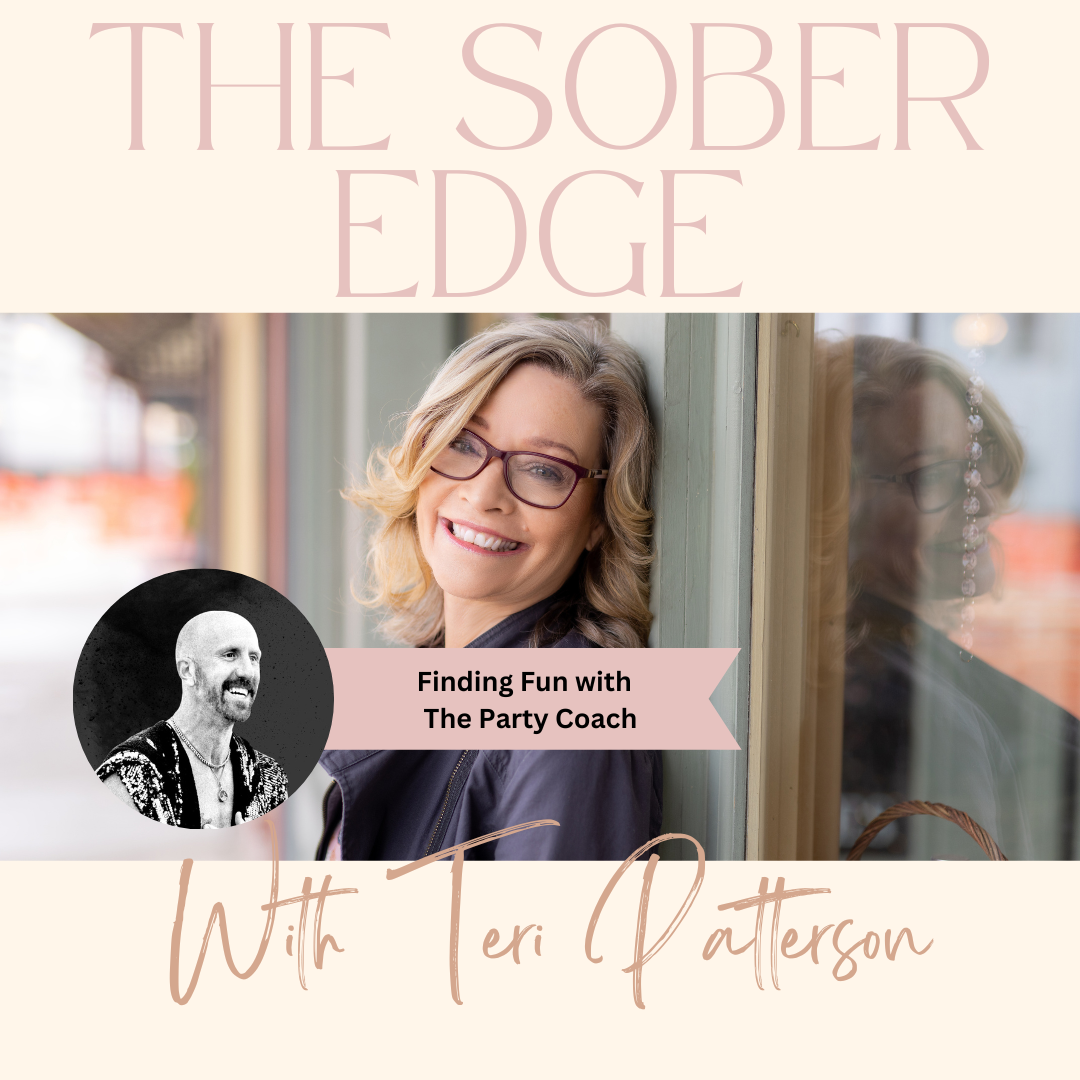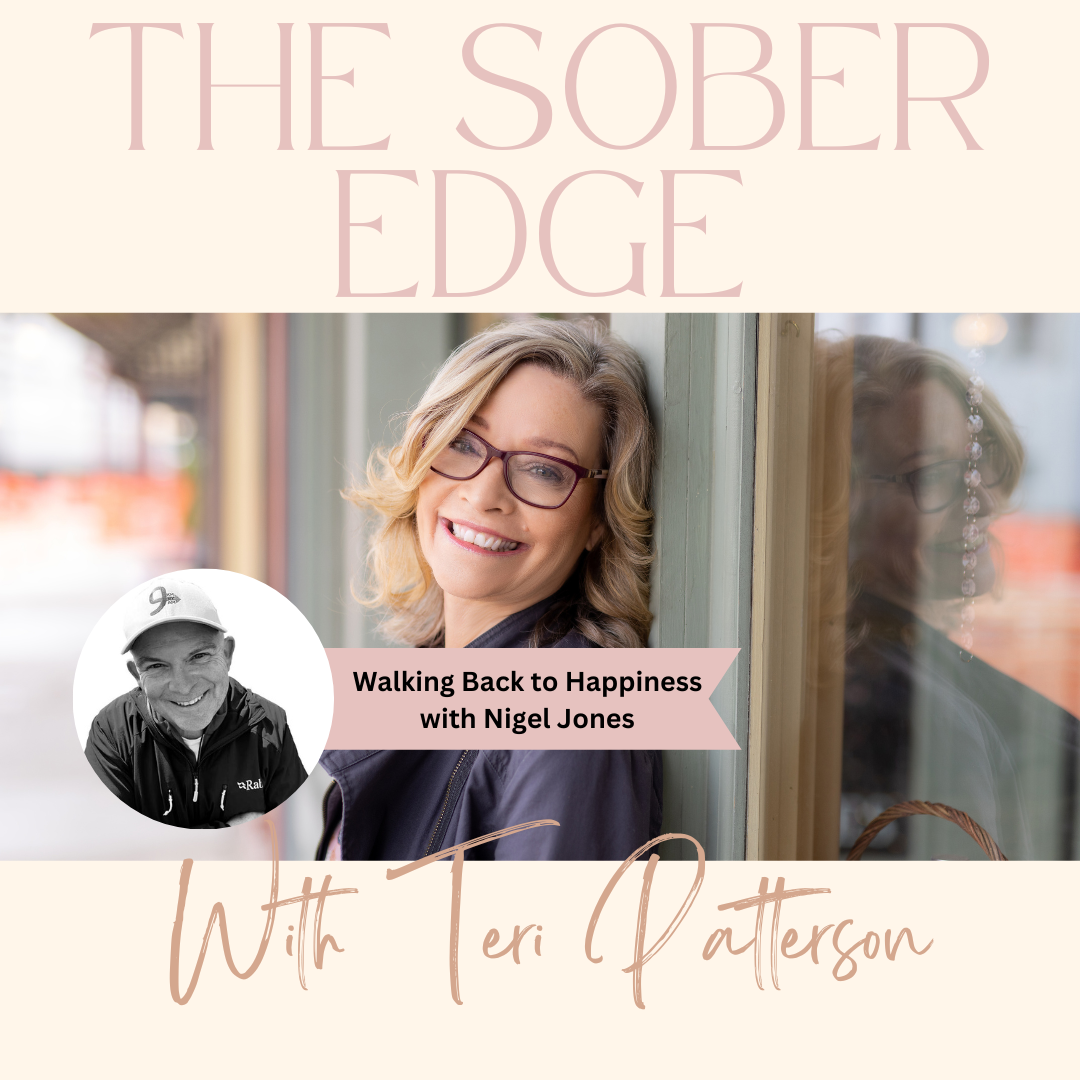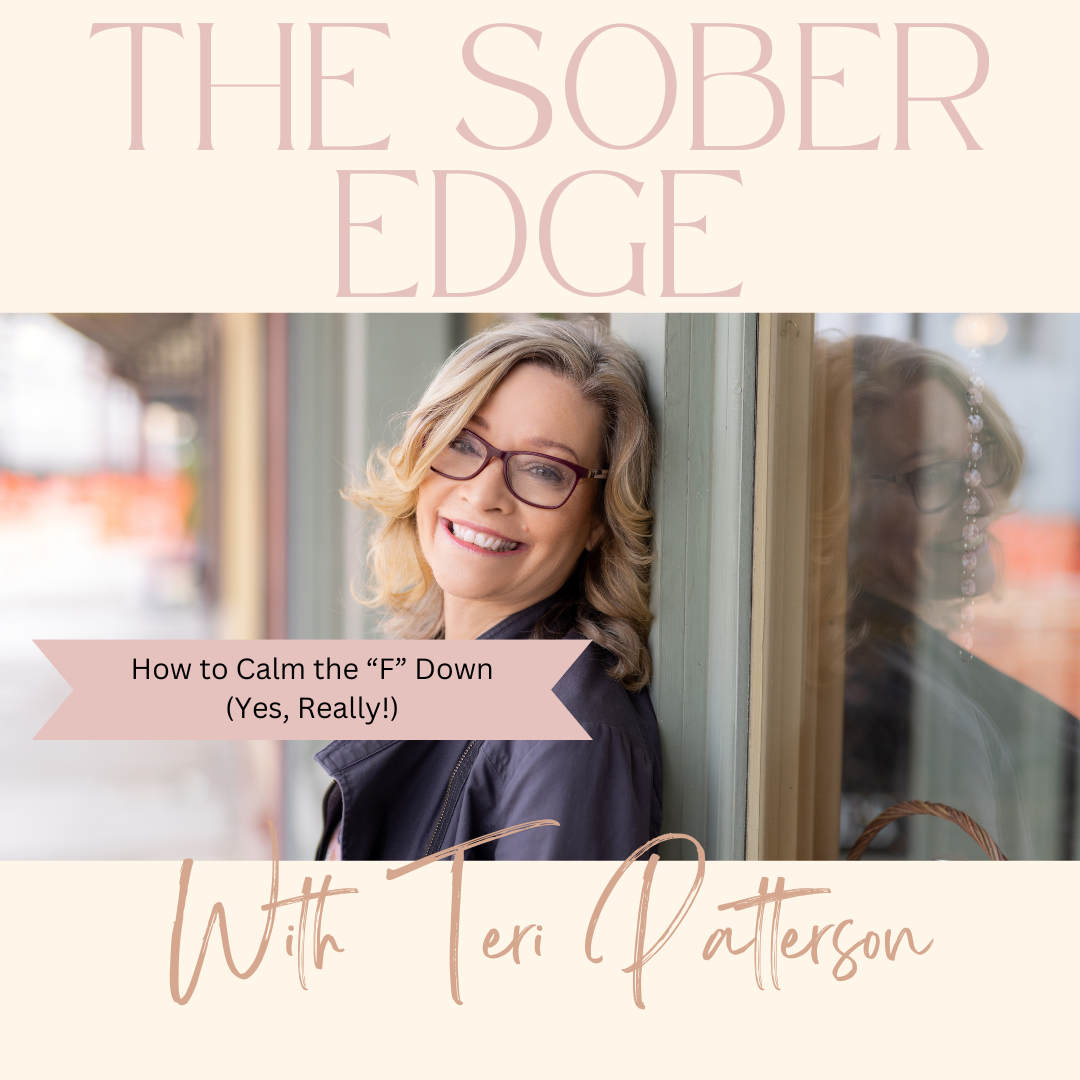This is a solo episode where I share a new take on an old thought. For many of us, the end of something feels final. The very definition is “the final part of something”. So, when we have this thought and we live with this definition, it can be challenging to decide to ‘end’ something.
Let’s look at our relationship with alcohol. Many people are reluctant to say ‘forever’ and make a permanent decision about alcohol. The idea feels daunting and ‘too’ final. Instead, we hear phrases such as ‘one day at a time’, or ‘never say never’. It’s become popular to say ‘you don’t have to say forever, just say for right now’. And, while I understand the reasoning, I believe this can keep us stuck. So many people I coach express that they want to learn how to moderate, to drink occasionally. The idea of ‘making a clean break’ feels impossible.
But, what if we changed our thought around endings? What if we saw it not as an ending but as a new beginning? The definition of begin is ‘to start or initiate something’.
I have realized on this journey of self-exploration, which started after I stopped drinking, that every ending is really a new beginning, and that what used to feel like an ending now feels like a transition. I have found that shifting my mind just slightly, to embrace the end of something as the beginning of something else has helped with any transition in my life.This thought process works whether you are the one who chooses the transition or if it is forced upon you – a job loss, a relationship change, a death.
In this episode I share my personal ending and what it has meant to me to be at the new beginning.
In this episode I share a personal ending and what it has meant to me to be at a new beginning.
In my own life and in my coaching practice, I find these common themes about endings and beginnings:
Endings:sorrow, grief ,fear, discomfort and an energy of constraint or constriction.
Beginnings: scary, unknown, opportunity, hope, and energy of expansion.
Here are some steps I use to help move through the transition:
- Embrace curiosity. Anytime we choose curiosity it allows us to suspend judgment. If you find yourself say “this is terrible”, or “no, I’m not ready”, imagine asking a question that involves curiosity. Try saying, “I wonder what might happen next”, or “it’s so interesting that this is happening right now…”. I find that when I lead with curiosity if allows me to entertain a more positive thought of this change happening FOR me rather than TO me.
- Compassion – transitions (endings and beginnings) require compassion. Whatever is happening is often emotionally charged and there might be fear, grief or personal challenges ahead. If this is our decision (to end one thing and begin another), we might need more self-compassion, particularly if we feel a lack of understanding from others. And, if this is a transition not of our making, we can practice compassion for the person who did make the choice. I find that leaning into compassion and self-compassion helps me avoid wallowing in the ‘what-if’s’.
- Growth mindset. The whole idea of ‘transition’ vs. ending is rooted in growth mindset. Allowing oneself to see any situation as an opportunity takes a mindset that is focused on learning new things and embracing change vs. holding on to what is, or in many cases, what is no longer.
- Gratitude – this can feel tough but is such a powerful way to move through change. If there is a relationship that is ending, a friendship, a partnership, a marriage, remembering the good things can be a powerful way to move through the ending and into the possibility to look forward to the next thing – to use positive emotion as a tool to step out in courage and move forward.
- Celebration – I know this might feel tough but when I can embrace gratitude, the next opening is often celebration. Celebration requires me to change my thoughts and the language I use around the event, and, this creates a ripple effect of change!










